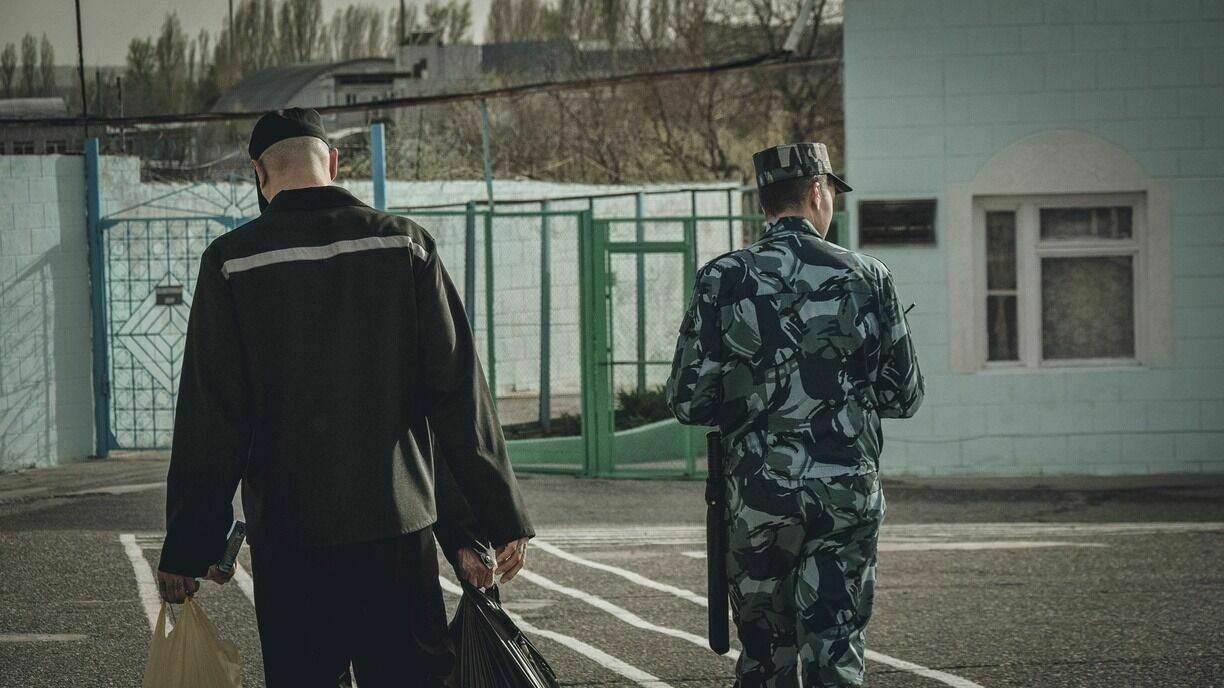
The salary is very low, but the prices are crazy. Convicts cannot buy basic things for themselves
The Network again took care of the unenviable situation of prisoners in Federal Penitentiary Service of Russia (FSIN, - editor's note) institutions. This time, the reason was the publication of the well-known human rights activist and journalist Eva Merkacheva, who, referring to the data of the next census of convicts held in December 2022, stated the deterioration of their conditions of detention. It turned out that most of the prisoners are literally beggars: 40% of them have 0.01 rubles on their personal account, and another 15% – less than 200 rubles.
At the same time, the convicts themselves often complain about low wages, often they are not able to buy even a pack of tea and a ballpoint pen on their salaries. Moreover, in most pre-trial detention centers and colonies, food prices are outrageously inflated compared to the "will". "In one colony (in a stall) I saw with my own eyes sausages for 999 rubles per kg. and condensed milk for 300 rubles, " reports Merkacheva.
They make good money on people's grief
And not only for food.
For example, such an indicative table appeared on the Web: the difference in prices compared to ordinary bookstores is not even in percentages, but at times, on average three times.
Readers' comments were unanimous:
- Money is chopped where it is easier to profit from people's grief.- An elementary example from the Murmansk region, Ik-23, the price of chocolate Truffle at them and on Wildberry, the difference is 3 times!
Next week, I should be given the price list of the Federal State Unitary Enterprise "Arkhangelsk", where cotton swabs cost 220 rubles.
- Thank God that there is an online store and there is an opportunity to buy at least some food for the convict, it was very saving. The prices, of course, are high, but everything arrived on time and without evisceration.- I don't think prices differ much in stores.
The quality of the product differs, for example, fruits and vegetables.However, many readers have noted that everything here depends on a particular institution.
There are also those where prices are not much higher than usual, besides, everything is getting more expensive on the outside. And someone cited the example of the Sosnovoborsk pre-trial detention center 6, where prices were even lower than in the wild.
With this salary, only toilet paper can be bought
However, the problem is not only in prices.
Here's what readers familiar with the situation write:
- It's not about prices! And in the production rates, which are overstated, and if the rates are not met, they tend to zero and there is no possibility to apply for parole, since the economics of the Federal Penitentiary Service recommends exactly such tactics and strategies and there is no desire for labor productivity in the sitter.- Wages in the colony are a convention for reporting that wages are paid.
The prices are scanty, the production rates are simply colossal. And then from what is accrued, income tax is withheld, and then another 75% for maintenance: for issued clothes, for food, for utilities. This is if there is no writ of execution. And then you have to receive 200 rubles in your hands. I can confirm my words with payslips (I still haven't disposed of them). Account balances are made up of receipts from relatives and friends. Those who do not have such receipts cannot afford anything in the store except toilet paper. And the prices - yes, much higher than outside the walls of the IC.- To get a salary, you need to find a job.
First of all, those who have enforcement proceedings are employed. For example, Ik-11 (Irkutsk) is employed only if there is a writ of execution. No, so there is no salary. It will work, but for gratitude, which is also not easy to get. The writ of execution must be found, since they can be received, for example, for parole before the place of departure. The convict must search. Compensation for damage, harm and so on, this is a separate topic. For example: IK-28 (Khakassia), the administration and the prosecutor insist that if there is no writ of execution, look for it. And while there is no sheet, reimburse voluntarily. How? By postal transfer to the address of the victim (phys. or legal entities). The salary can be 57 rubles, and the commission for the transfer is 100. As a result, the compensation will still be insignificant, insufficient for the prosecutor, the court. Insufficient compensation is the basis for refusing a benefit. And it's not about parole, even transfer to a settlement or correctional center. The detention of convicts is a separate type of punishment - punishment for relatives and friends.
I want to find an answer to the question, why so many difficulties? The more difficulties, the further away from the goal. What is the purpose of punishment and who is still being punished?